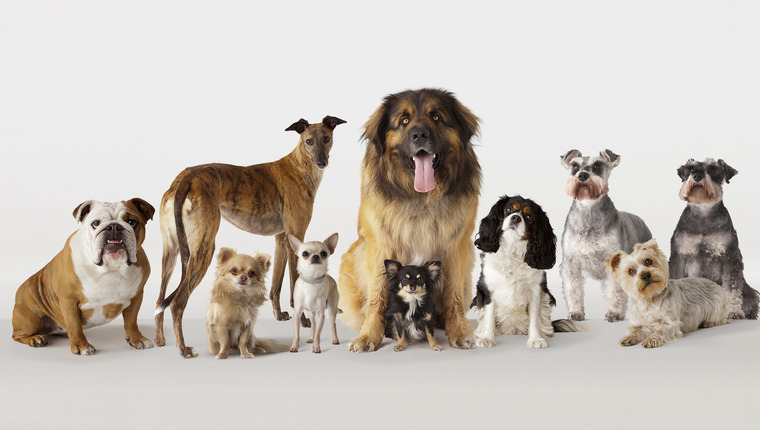
In Finland, scientists have collaborated on a study to discover differences in cognitive and behavioral traits between dog breeds. The paper, published in Scientific Reports, presented the researchers’ results after testing 1,000 dogs from over 13 breeds.
Understanding Cognitive Diversity in Dogs
According to the study, “the extraordinary genetic and behavioral diversity of dog breeds provides a unique opportunity for investigating the heritability of cognitive traits”. Unfortunately, previous studies that focused on the topic delivered “contradictory and inconsistent” results. To that end, researchers hoped this study would “provide more clarity on between-breed differences of cognitive traits in dogs”.
Interestingly, researchers assessed their test subjects using a “commercial cognitive test battery” named smartDOG, according to Phys.org. The test battery was developed by Katriina Tiira, who was also involved in the study. Amazingly, the study took place over five years, from March 2016 to February 2022.
Like most test batteries, the assessment consisted of several small tests that measured specific cognitive traits. Some of these looked at spatial problem-solving or logical reasoning. Others focused on the dog’s ability to “read human gestures and respond appropriately”. Curiously, one test presented dogs with an unsolvable problem. In this test, researchers noted under what conditions dogs turned to humans for help solving this problem.
The Study’s Results Invite More Questions
Not surprisingly, the research team found “significant differences between individual dog breeds” for most of their tests. Specifically, the differences were most significant regarding social cognition, persistence, inhibitory control, and spatial problem-solving ability.
Most of the differences reflected well-known patterns in certain breeds. For example, Border Collies and Australian Shepherds — both herding breeds — scored high in inhibitory control. However, other differences weren’t so easily explained. In another example, Golden Retrievers “differed significantly” from Labradors in the unsolvable task, even though both breeds belong to the retriever group.
To conclude, researchers stated that their findings “highlight the importance of investigating behavioral differences between individual breeds rather than only relying on breed group categorizations”.









